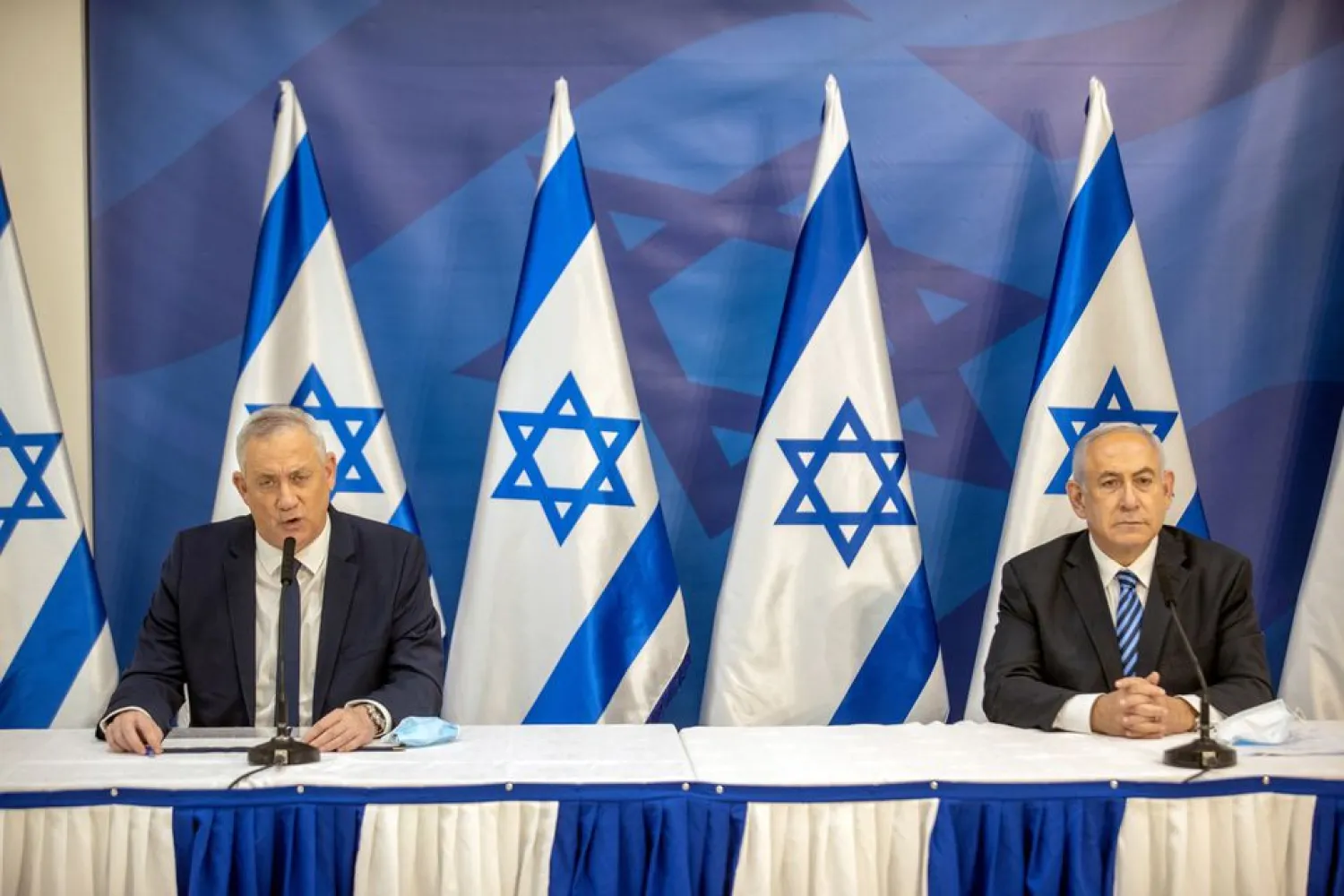Israeli Defense Minister Benny Gantz announced that the opposition chief is engaging the army in political affairs at the expense of security interests.
Earlier, opposition leader Benjamin Netanyahu announced the appointment of a new chief of staff of the Israeli army and demanded the extension of the term of the current chief of staff, Aviv Kohavi.
Gantz said the Israeli government conducts itself with responsibility and determination to protect its interests, adding that the "last person who can talk about unnecessary squabbling on security issues is Netanyahu."
Prime Minister Yair Lapid voiced Gantz's stance, adding that "if Netanyahu had bothered to come to Prime Minister Lapid for security and diplomacy updates, Netanyahu would have known the facts."
The term of Kohavi ends on January 15, and Gantz began the procedures for appointing a successor.
He revealed that he had spoken with the most prominent candidates for the position, namely the former deputy chief of staff who served as the military secretary of the government under Netanyahu Eyal Zamir, the current deputy chief of staff Herzi Halevi, and a member of the Chief of Staff Yoel Strick.
Gantz was inclined to appoint Halevi to the post, but the opposition was outraged, saying it was "illegal."
However, Gantz conducted consultations with the political, legal, and security parties involved in this procedure, including Lapid, and the former prime minister, Naftali Bennett.
Israel's Attorney General, Gali Baharav-Miara, announced that there was "no absolute ban" on the appointment of a new Chief of Staff during the election season, which gave Gantz the green light to continue the procedures.
Gantz said this is Israel's fifth election in over three years and that he requested a meeting with Netanyahu to try to convince him that the matter could not be postponed.
But Netanyahu declared his rejection of the idea by saying that the chief of staff should be appointed in a respectable official government manner, away from any electoral context.
He justified his call for postponing the appointment and extending Kohavi's term by saying that the selection of the chief of staff is one of the sensitive and vital appointments for Israel's security.
Netanyahu argued that the crucial appointment should be made in a "stately manner" and away from "political context."
"The appointment of senior officials should be determined by a permanent government, and not by a transitional government in the midst of elections," Netanyahu said.









